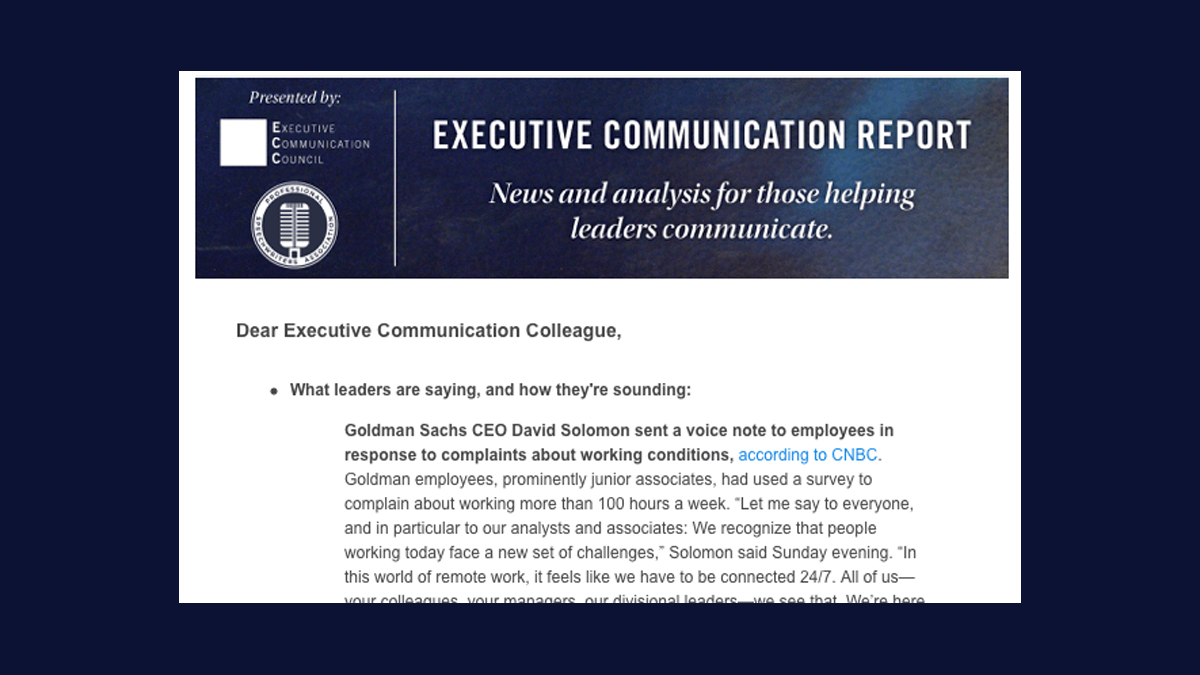The Comedy Involved in Writing Speeches
February 12, 2021
A scribe recalls writing for Prince Charles.
“In the mid-1970s I began writing speeches for the Prince of Wales.”
And thus begins a hilarious and fascinating section of journalist and author Byron Rogers’ superb 2009 memoir Me: The Authorized Biography.
Rogers’ engagement as a part-time speechwriter for the heir apparent to the British throne lasted about five years. At the time it began, Rogers was 35 years old, working as a freelance journalist for several London, UK-based publications. His route to Buckingham Palace started with a series of job interviews saturated with traditional British understatement and tact – such that it wasn’t clear to Rogers until just before the 2nd interview that he was indeed being considered for the position of the Prince’s (occasional) hired pen.
Next came Rogers’ face-to-face interview with Prince Charles. “It was I who asked the questions,” Rogers writes. “Did [the Prince] see it as a full-time job? No, part-time. Was he looking for a researcher or, I searched for the word, a phrase-maker? A researcher, said the Prince; he would write his own final scripts.”
The usual awkwardness of a first meeting aside, Rogers soon became the Prince’s speechwriter, and his hiring was widely reported in the British media, along with references to Rogers’ “humble Welsh origins.”
As with any combination of scribe and speaker, the Prince and Rogers took time to establish a rhythm. “At one point I wrote to the Prince, complaining that I felt like a duck-gun being pointed in an approximate direction in the hope that the scatter pattern might hit something,” Rogers notes. “[The Prince] wrote back and said that the duck-gun appeared to be working.”
“From the start,” observes Rogers, “I was aware of the comedy involved in writing speeches to be delivered in places where I had never been, to people I would never meet, about matters of which I knew absolutely nothing. It was worse for my employer who had to go to these places and meet those people. I had been hired, a member of his staff told me, to stop him starting speeches along the lines of ‘Ladies and gentlemen, what on earth am I doing here?’ when the ladies and gentlemen knew exactly what he was doing there.”
And how did it all end? No final shouting match, no eruption of serious differences between Prince and speechwriter. Nothing as dramatic as that.
“[J]ust as in Hollywood,” Rogers writes, “the phone stopped ringing.”



